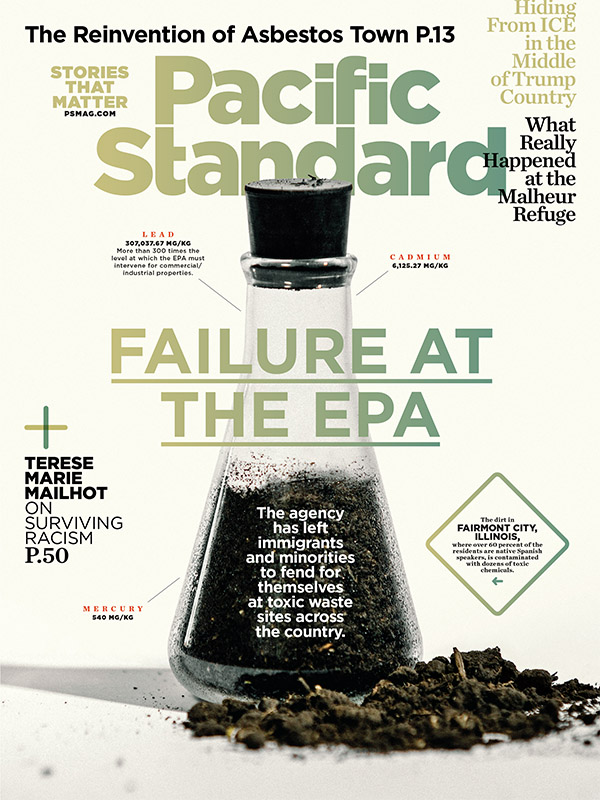The first time I met Brenton Ladd in person, we were about to embark on a three-day, cross-Andes road trip with two of his colleagues, Lukas Van Zwieten and Ruy Anaya de la Rosa. I’d been talking to Ladd, an Australian plant ecologist based in Lima, for a couple years about his project to make low-emission cookstoves that produce biochar—a tonic of sorts for unhealthy soil. I flew to the edge of the Amazon to see if the substance helped families grow more food, but by the time I arrived he had abandoned the project. (Women, it turns out, just didn’t like cooking with the new stoves.) I found out from Van Zwieten, as I waited in Lima to board my flight to the jungle, that as soon as we landed we’d turn around and drive back—with a few stops along the way.

(Photo: William Widmer)
The first, just minutes from the airport, was an aguardiente depot, its wooden shelves stacked with jugs of the regional moonshine, the occasional snake loosely coiled in the bottom. Aguardiente, or firewater, is a sugarcane alcohol that, as its name suggests, is more sensation than flavor. Ladd bought a bottle and tucked it between our bags in the trunk of his car, where it was jostled open at some point along the uneven road. Whenever the windows were closed to keep out the rain, the car filled with intoxicating air. Perhaps that’s what prompted the men to get sentimental about science at a pit stop high in the Andes, where only the hardiest plants can grow.
Massive open-pit mines pock the mountain range, and Van Zwieten says you can often tell how unhealthy the nearby soil is just from the color. Ladd, looking out over pale yellow and red dirt and sparse vegetation, talks about how he got into science not to change the world, just to better understand it. “But given the state of the world…,” he says, trailing off. Now he’s dedicating his career to finding out if biochar can help remediate polluted or degraded soils from the Andes to the jungle, lifting farmers out of poverty, halting deforestation, and mitigating climate change in the process—more on this in “The Great, Chaotic Biochar Experiment.” “Science is no longer about the quest for knowledge,” Van Zwieten says. “Now it’s about fixing problems. But just limiting science to fixing problems also limits your chances of making big discoveries.”
A version of this story originally appeared in the May 2018 issue of Pacific Standard. Subscribe now and get eight issues/year or purchase a single copy of the magazine.





